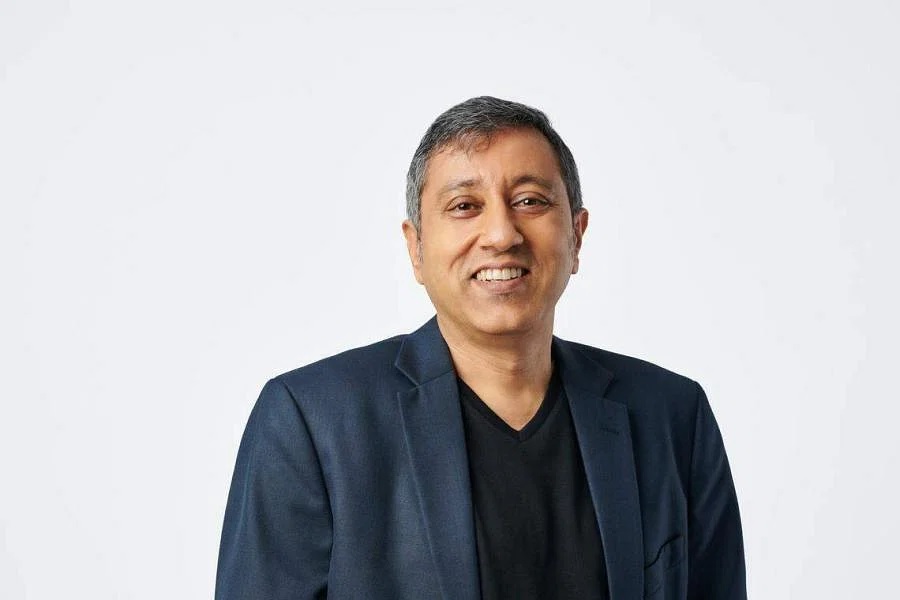HAIR-RAISING bank runs and heated inflation coming on top of a funding freeze make a fast-moving market like the US a tough proposition for many. But for Singapore fintech startups, such as Greenarc Capital and Nium, the prospects far outweigh the risks.
A vast marketplace beckons. The market for the finance and insurance sector in the US is estimated at US$6 trillion in 2023.
“The US is like putting Singapore, Hong Kong and Switzerland together, plus add in Indonesia. So you’ve got the wealthy, as well as the developed markets, in addition to a huge developing population as well,” said Rony J Palathinkal, co-founder and chief executive officer of impact investment and analytics fintech, Greenarc Capital. The firm helps clients fight greenwashing through its algorithm.
Market expansion plans for fintech startups in Singapore often take the regional route. Indonesia, for instance, is a popular destination for many. But the focus for South-east Asia’s fintech landscape has largely centred on payments and cross-border remittances.
Fintechs dealing in other segments of financial services have not seen as much opportunity.
Greenarc found traction and clients in the US after a pivot into the analytics space a year and a half ago from an impact lending solution. The startup now counts financial institutions such as BNP Paribas as well as the New Mexico State Government as clients.
The US also offers much in the way of talent and innovation, according to Pratik Gandhi, chief operating officer at payment gateway startup Nium. Being in San Francisco has allowed the company to be in the thick of the action and talent that the Bay Area offers.
“Because all the biggest innovations really happen in the Bay Area, and the biggest talent can also be here,” said Gandhi.
Nium has created and appointed a number of senior management positions in its San Francisco office, including roles such as head of global communications to chief technology officer and chief product officer. This in turn helped spur business in the US and opened the company’s eyes to the Latin American market.
“Now 60 per cent of our pipeline in the institutional business is now based out of the Americas, and that wouldn’t have happened if we were sitting out of Asia,” said Gandhi.
Greenarc opened its US office in April 2022, having only raised a seed round so far from California-based Cerracap Ventures.
“Unlike most early-stage companies, we’ve got support from institutional investors. So that puts us on a slightly different footing. It also gives us the network,” said Palathinkal.
It hasn’t all been plainsailing, with challenges constantly changing. Greenarc’s Palathinkal notes that six months ago, hiring was difficult.
“There’ll be a new bunch of spanners that get thrown in every day, that keeps your life interesting,” he said.
For fintechs looking to tap the US market, Nium’s Gandhi offers the following advice: do it with full gusto, or don’t do it at all. The company’s founder Prajit Nanu moved to the US with his family as part of the company’s expansion plans.
“It takes money, and it takes a lot of effort, and it’s not going to be easy. This is a difficult and expensive market,” said Gandhi.
There is no shortage of competition in Silicon Valley, and startups entering the US quickly find out that there are many rivals in their space already.
The biggest issue for Nium was arriving in a market as a relatively unknown player, unlike in Asia. Branding would help in hiring talent and getting businesses to work with, but stateside, Singapore companies appear as small fish in a big pond.
“How do you get your name to be recognised? That’s the biggest challenge,” said Gandhi.
This has an impact on finding investors in the US as well. These investors often only have eyes for revenue derived from the US, disregarding whatever a startup has built elsewhere. Startups would have to find a product market fit for their services in the US and show traction before investors there would even be interested.
But if a startup is thinking of listing in the US, as Nium has mentioned in the past, being in-country would be a good start. Nium also holds its board meetings in America, cementing the importance of the market.
“The biggest fund pool is here, people understand fintechs a lot better here. The primary listing is here, but we have said the secondary listing is going to be in Singapore,” said Gandhi.




